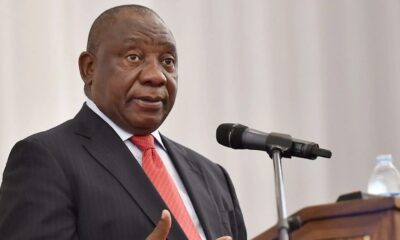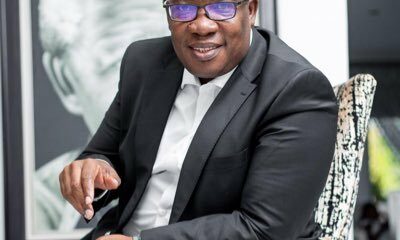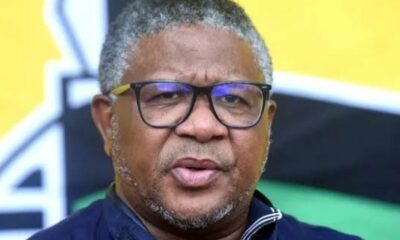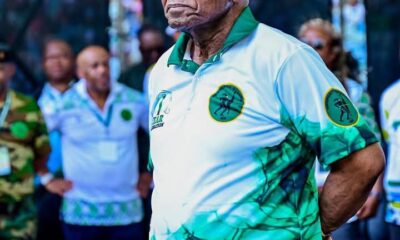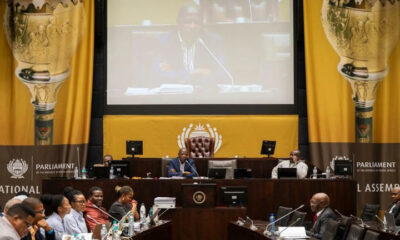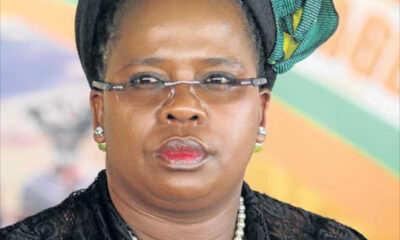News
Blade Nzimande Calls Special Congress to Rebuild SACP Unity Ahead of 2026 Elections
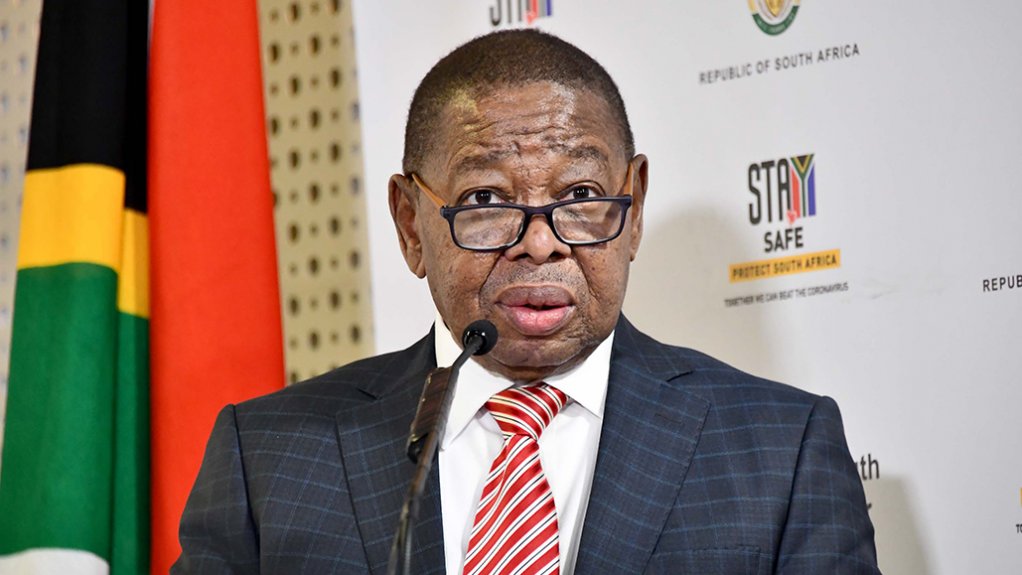
A Turning Point for South Africa’s Communist Movement
The South African Communist Party (SACP) is heading into one of its most decisive gatherings in years. National Chairperson Professor Blade Nzimande has called for a Special National Congress to take place from 14 to 16 November 2025 in Johannesburg, urging members to re-examine the Party’s 2024 decision to contest the 2026 local elections independently of the ANC.
For Nzimande, this isn’t a simple administrative review; it’s a moment of deep political reckoning. Writing in his personal capacity, he described the period as “a decisive historical juncture that calls for sober reflection,” warning that any strategy must be grounded in a “concrete analysis of the concrete situation.”
Rethinking Independence from the ANC
The 2024 resolution to contest elections separately was seen as a bold step for the SACP, signalling its growing frustration with the ANC’s internal challenges and policy drift. However, Nzimande now argues that while independence remains important, implementation must be rooted in reality, not rhetoric.
He cautioned that the decision has been misinterpreted by some as anti-ANC sentiment, when it was actually meant to advance working-class interests within the broader Tripartite Alliance. “The resolution was insufficiently contextualised as a tactical instrument to advance working-class hegemony within, not outside, the Alliance,” he said.
Relations between the SACP and the ANC have become increasingly strained. Nzimande criticised what he called “ideological and moral degeneration” within the ruling party, noting that a refusal to engage meaningfully on alliance reconfiguration risks deepening divisions. Still, he insists that “refusing to engage would amount to deliberately driving the Alliance toward division.”
Unity, Discipline, and the Battle Within
Internally, Nzimande was frank about the Party’s weaknesses. He said factionalism and personality-driven politics have eroded democratic centralism, the core principle of debate before decision and unity after decision. Some members, he warned, have confused tactical independence with “opportunistic adventurism.”
He also acknowledged the Party’s struggle to turn ideological resolutions into practical programmes due to limited resources, weak political education, and declining cohesion. “Without a proper analysis, strategy becomes detached from reality, akin to shooting in the dark,” he wrote.
To address this, Nzimande urged the SACP to refocus on grassroots mobilisation, strengthen cadre development, and revitalise structures like the Chris Hani Red Brigades. He proposed that the Congress adopt a Programme of Revolutionary Renewal to reassert the Party’s leadership role among workers and the poor.
A Call for a “Festival of Working-Class Democracy”
Nzimande’s proposed Special National Congress is not just a meeting; he envisions it as a “festival of working-class democracy” that invites open debate, renewal, and unity. The gathering will aim to restore internal discipline, reconnect with working-class communities, and reinforce the SACP’s place as a leading voice for socialist transformation.
He also called for the creation of a Popular Left Front, bringing together COSATU, SAFTU, and other progressive movements, and for modernising the Party’s digital communication to reach younger and precarious workers.
“Unity without ideological clarity is fragility, while ideological clarity without unity is futility,” Nzimande said, summing up the Party’s delicate balance between principle and pragmatism. “Our task is to forge both.”
Looking Toward 2026
The upcoming Congress will determine whether the SACP proceeds with its plan to contest the 2026 local elections independently or reaffirms its role within the Alliance framework. Nzimande insists that this decision must emerge from collective analysis, not internal division.
“The Special Congress must serve not only as a forum of reflection but also as a command centre for renewal,” he said. “If we succeed, the SACP will re-emerge not as a commentator on crisis, but as its transformative agent.”
For the Party that has long stood as the ideological conscience of South Africa’s liberation movement, November’s congress could decide whether it remains a united vanguard or drifts into fragmentation at a time when the working class needs it most.
Follow Joburg ETC on Facebook, Twitter, TikT
For more News in Johannesburg, visit joburgetc.com
Source: IOL
Featured Image: Polity.org.za

